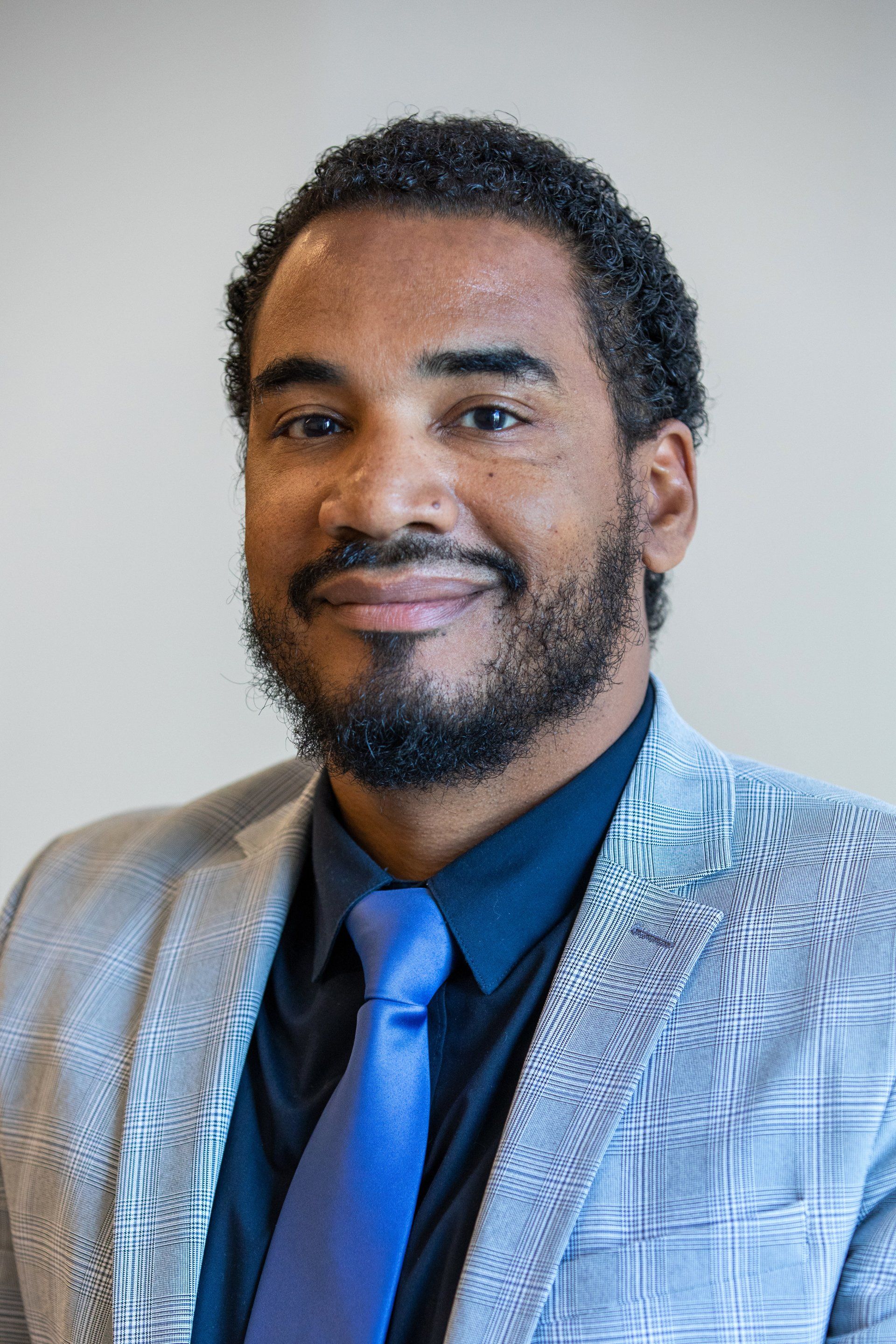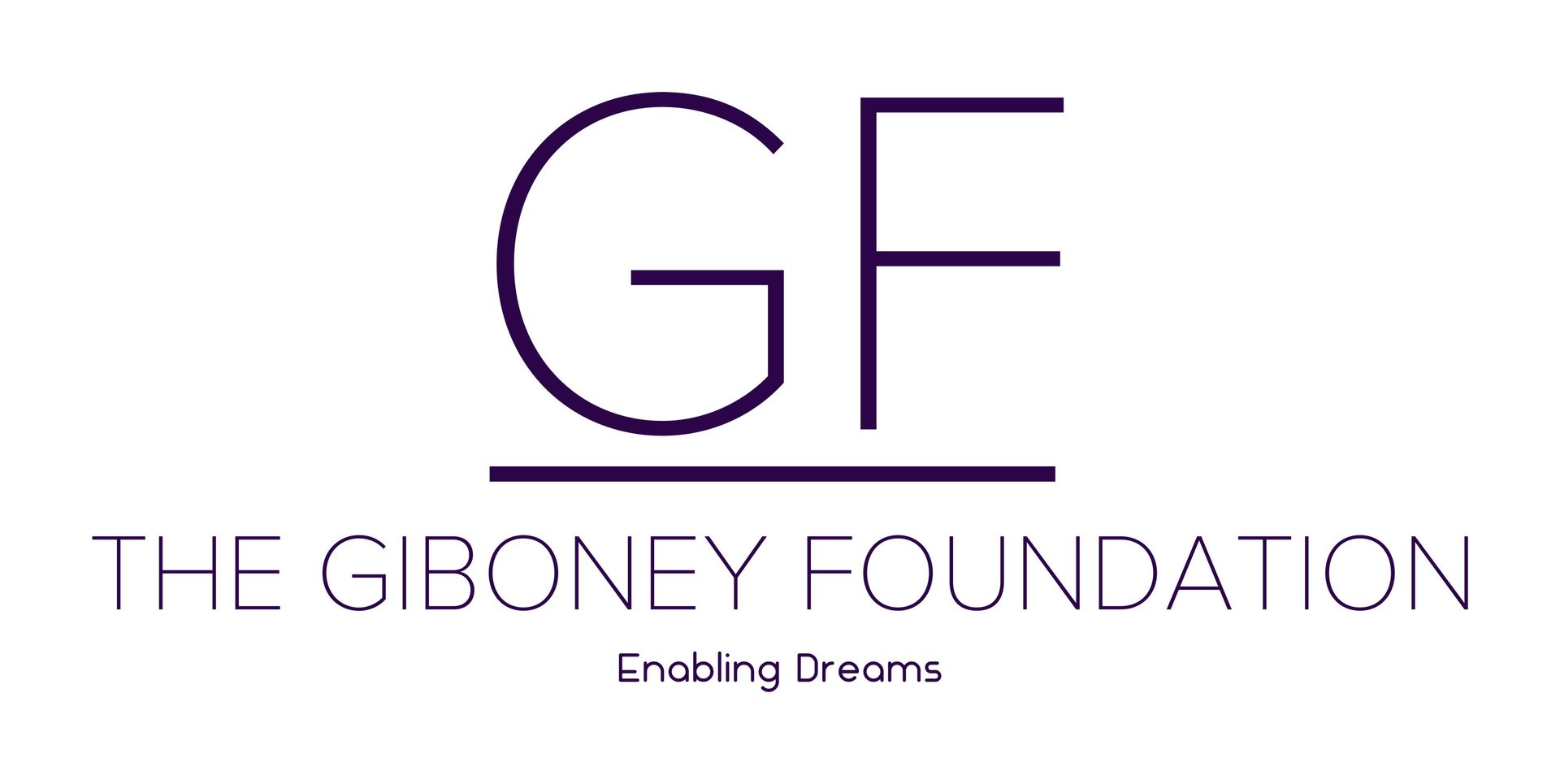Get in touch
(770) 616-3033
info@thegiboneyfoundation.org
The Foundation
The Giboney Foundation Quarterly Newsletter
Spring 2025
Insights from the Executive Director
Challenges Faced by Black Students Preparing to Enter College: A Narrative Perspective
A view into Giboney Foundation programs and efforts that are under development
Shining a light on success stories
Highlighting fundraising opportunities and how you can donate to our mission
01
Director's Notes
Craig Newell, Executive Director
As our young adults prepare to enter college or the work force, they face challenges that we never could have predicted. Strategic priorities to reduce or eliminate the Department of Education and Diversity, Equity, and Inclusion programs will have effects on our society that will keep the economically challenged under-educated and further increase the divide the gap between the rich and poor, while decimating the middle class. Attacks on diversity, equity, and inclusion, are focused on keeping the majority group in the United States in a place of authority, while disenfranchising others and reinforcing the barriers for them to have a “seat at the table.”
In these days of Tik-Tok, Facebook Reels and Instagram, students must find a way to stop scrolling and shift their focus on knowledge attainment and enablement, even though avenues to those goals are disappearing. Building knowledge is one of the first steps toward building wealth and ensuring personal and economic freedom.
The Giboney Foundation will continue to focus on developing programs and knowledge sharing to help students and young adults prepare for this new world.
We appreciate your support as we continue our efforts. Understand that each donation, scholarship, enablement program, or simple conversation can impact a young adult. Strive to be a beacon of light to help direct the next generation
toward success!
Let's make it happen!
02
The Target
We will highlight a unique challenge our youth and young adults face as they prepare for their next stages in life.
The Consequences of Eliminating DEI Programs on Students and Communities of Color

Diversity, Equity, and Inclusion (DEI) programs emerged as a response to systemic barriers within education and employment systems. These programs seek to correct long-standing inequities in access to quality education, representation, and professional opportunities. Recent political and legislative shifts aiming to curtail or eliminate DEI initiatives threaten to reverse decades of progress.
Let’s investigate the implications of these policy reversals on undergraduate and graduate education, as well as the transition into the workforce, focusing on students of color and other marginalized populations.
Impact on Undergraduate Education
1. Access to Higher Education
DEI policies have helped expand college access for historically excluded populations. The removal of such initiatives—particularly race-conscious admissions—risks decreasing enrollment rates for Black, Latinx, Indigenous, and low-income students. Without outreach programs and financial aid targeted through a DEI lens, colleges may become less accessible to diverse student populations.
In many cases, targeted recruitment and financial aid programs developed under DEI frameworks have directly contributed to record-setting diversity numbers in public and private universities. Without these programs, students from underfunded school districts—who often lack resources like Advanced Placement (AP) courses, college counseling, and test preparation—may be less likely to apply, be admitted, or persist in postsecondary education.
2. Campus Climate and Belonging
Students of color often face racial isolation and cultural marginalization on predominantly white campuses. DEI offices have provided essential programming, advocacy, and safe spaces that foster belonging. Eliminating these resources could exacerbate experiences of alienation, mental health struggles, and attrition.
Campus climate studies consistently show that underrepresented students benefit from affinity groups, multicultural centers, and bias response teams—initiatives often driven by DEI offices. These supports not only boost student well-being but are linked to increased academic engagement, retention, and leadership development.
3. Academic Support and Retention
Bridge initiatives, mentorship, and culturally responsive advising programs have demonstrated success in retaining students of color. Without DEI funding and infrastructure, these supports may disappear, resulting in lower persistence and graduation rates.
Data reveals that mentorship—particularly with faculty and staff who share lived experiences with students—enhances student outcomes. DEI programs are often responsible for fostering these relationships and tracking student progress in ways that traditional advising systems do not.
Impact on Graduate Education
1. Pipeline Development
Graduate DEI programs help cultivate the next generation of diverse scholars and professionals. These initiatives address barriers to entry in competitive academic environments, including mentorship, GRE waivers, and fellowship opportunities.
Many institutions have used DEI funding to support summer research initiatives, post-baccalaureate bridge programs, and early career development pipelines that encourage students from underrepresented backgrounds to pursue advanced degrees. Eliminating these resources can lead to a sharp decline in the number of diverse applicants to graduate programs, particularly in STEM fields.
2. Research and Scholarship
Diversity in graduate cohorts drives innovation in research. Eliminating DEI undermines interdisciplinary and community-based research that centers underrepresented voices and issues.
Historically excluded perspectives have contributed transformative work in fields ranging from public health to education, law, and the humanities. Research conducted by scholars of color often challenges traditional paradigms and introduces culturally responsive solutions to systemic problems—contributions that may diminish without DEI-supported platforms.
3. Faculty Diversity
DEI hiring practices and inclusive faculty development programs are instrumental in diversifying the professoriate. Their removal stifles representation and perpetuates a narrow intellectual landscape.
Studies show that students benefit from having faculty who reflect their identities and life experiences. Faculty diversity not only enhances classroom learning but also improves mentorship, fosters inclusive curricula, and increases institutional credibility. Without DEI frameworks guiding recruitment and retention, the progress made in diversifying academia risks backsliding.
Implications for Workforce Entry
1. Preparedness and Opportunity Gaps
Graduates from diverse backgrounds often rely on DEI-led career services, internships, and corporate partnerships to bridge opportunity gaps. Removing these supports can widen disparities in job placement and career advancement.
Professional development programs that specifically address the needs of first-generation college students and students of color—such as résumé workshops, networking events, and corporate mentorships—are often made possible through DEI partnerships. The absence of these resources leaves students to navigate inequitable job markets without institutional backing.
2. Corporate and Public Sector Readiness
Employers are seeking culturally competent, diverse talent to meet market demands. Higher education institutions play a key role in preparing such talent. Without DEI programs, the educational pipeline may fail to deliver the inclusive workforce today’s economy requires.
Many Fortune 500 companies have DEI benchmarks for recruiting and onboarding talent, often in collaboration with universities. If higher education institutions are stripped of DEI offices and partnerships, companies may struggle to meet their diversity and inclusion goals—undermining efforts to create inclusive organizational cultures.
3. Innovation and Productivity
Workforce diversity correlates with greater innovation and financial performance. Eliminating educational DEI efforts reduces the diversity of thought and lived experience in professional sectors, hindering organizational growth and competitiveness.
Research from McKinsey & Company and Harvard Business Review demonstrates that diverse teams outperform homogeneous ones on creativity, problem-solving, and decision-making. DEI programs in education serve as a critical training ground for cultivating these high-performing, inclusive teams.
The erosion of DEI infrastructure within educational institutions carries profound risks for students of color, institutions of higher learning, and the broader economy. Stakeholders must:
- Advocate for the reinstatement and strengthening of DEI programs.
- Support policy and legal efforts that protect equitable access to education.
- Collaborate with community-based organizations to sustain inclusive educational practices.
- Ensure that private sector partnerships continue investing in equitable workforce development.
- Collect and analyze data to highlight the measurable impact of DEI initiatives on student success and career readiness.
- Educate the public on the historical and social context behind the need for DEI initiatives.
As a nation that values opportunity and innovation, we cannot afford to abandon DEI. The future of education, democracy, and economic vitality depends on our collective commitment to equity and inclusion. We must act now to preserve the gains of the past and invest in a future where every student - regardless of race, background, or zip code - can thrive.
03
Under Construction
We will spotlight programming by The Giboney Foundation that is being developed to directly support students and our communities
Financial Management and Investing for Young Adults
In an era marked by economic volatility and uncertainty, it is imperative to equip young adults with the necessary knowledge and skills to navigate the complexities of personal finance effectively.
The Giboney Foundation is developing a comprehensive financial literacy program tailored specifically for young, minority adults. Patterned with Everfi, we aim to empower participants to make informed decisions, cultivate responsible financial habits, and secure their financial futures.
Program objectives:
- Financial Management Education: Provide participants with foundational knowledge and practical skills in budgeting, saving, debt management, and financial planning.
- Stock Market Investment Education: Introduce participants to the fundamentals of investing, including risk assessment, asset allocation, portfolio diversification, and the mechanics of stock market participation.
The first course, launched in November 2024 is the Introduction to Financial Literacy for High School Students. This newly updated financial literacy foundations course teaches students how to make informed financial decisions that promote financial well-being over their lifetime. The interactive lessons translate complex financial concepts in ways that help students develop actionable strategies for managing their finances. Topic areas include: Consumer Skills, Smart Money Habits, Budgeting, Checking Accounts, Saving Accounts, Credit and Debit Basics, Education ROI, Education & Financial Aid, Exploring Jobs & Careers, Beginning Employment, and Insurance Basics.
Please visit
https://www.thegiboneyfoundation.org/student-programs for more information.
04
The Spotlight
Highlighting success stories of The Giboney Foundation and our supporters!
Jahi Simbai - Board Member, The Giboney Foundation
Jahi Simbai is a dynamic leader and strategic thinker, serving in key leadership roles at both the National Center for Atmospheric Research (NCAR) and The Giboney Foundation. With a career dedicated to advancing science, equity, and community empowerment, Jahi brings a unique blend of technical expertise, organizational leadership, and a deep commitment to social impact.
At NCAR, Jahi plays a pivotal role in shaping initiatives that bridge scientific innovation with inclusive practices, ensuring that research and policy efforts reflect the diverse communities they serve. His work focuses on fostering collaboration, elevating underrepresented voices in STEM, and driving interdisciplinary approaches to some of the most pressing environmental and societal challenges of our time.
In parallel, as a leader at The Giboney Foundation, Jahi is at the forefront of philanthropic efforts aimed at creating sustainable change in education, environmental justice, and economic equity. His visionary leadership helps guide the foundation’s mission to empower communities through targeted investments, strategic partnerships, and long-term capacity-building.

05
The Funding
Participate in one of our upcoming fundraisers or donate directly to the foundation to support our scholarship and community programming efforts!
2025 Giboney Foundation
Wolf Creek Golf Experience
Mesquite, Nevada
December 4-8, 2025
The Giboney Foundation is thrilled to announce the 2025 Wolf Creek Golf Experience, set at the golfing paradise of Mesquite, NV on December 4-8, 2025. Attendees will enjoy four nights at the Eureka Casino Resort, ranked #2 in Mesquite on Tripadvisor - and a favorite for golfers visiting the area. After a welcome cocktail gathering on Thursday evening, the group will play rounds at three of the best courses in the area - Conestoga, CasaBlanca and the most famous golf course in Nevada - Wolf Creek!
Proceeds will benefit The Giboney Foundation, a non-profit organization dedicated to investing in the future of students from diverse backgrounds by providing scholarships, mentorships, and development programs. By participating in this retreat, golfers will not only indulge in their passion but also contribute to a meaningful cause, making a positive impact on the next generation.
Contact us any time

